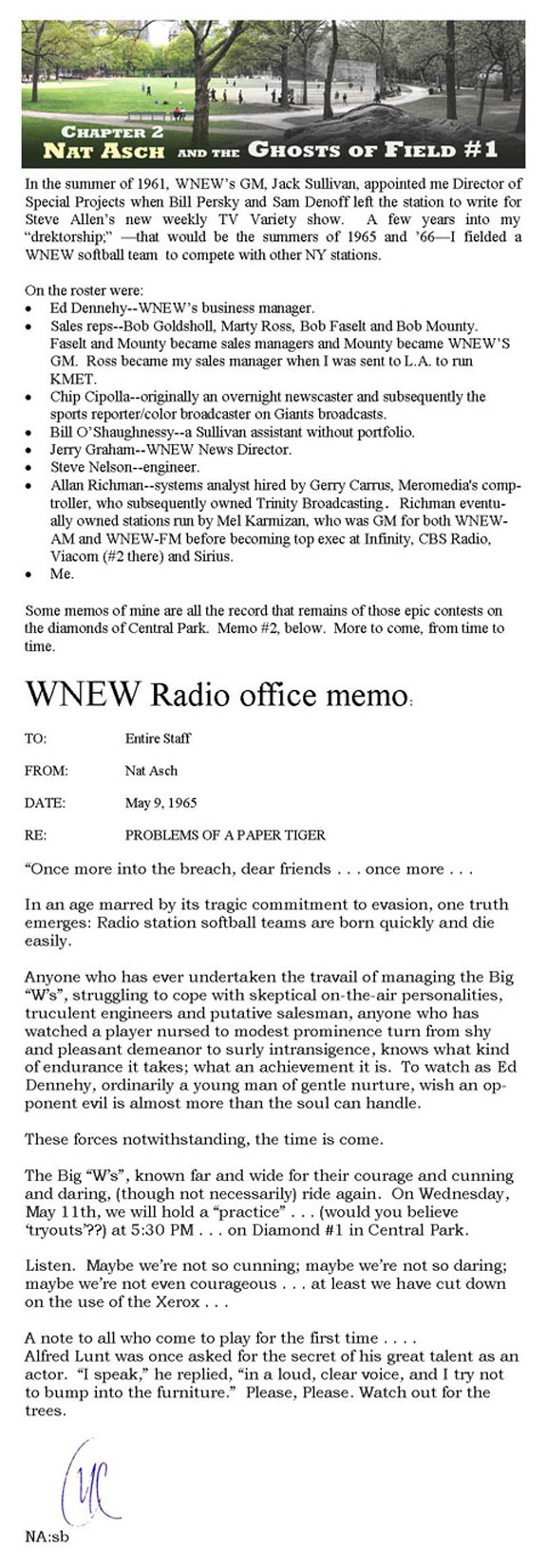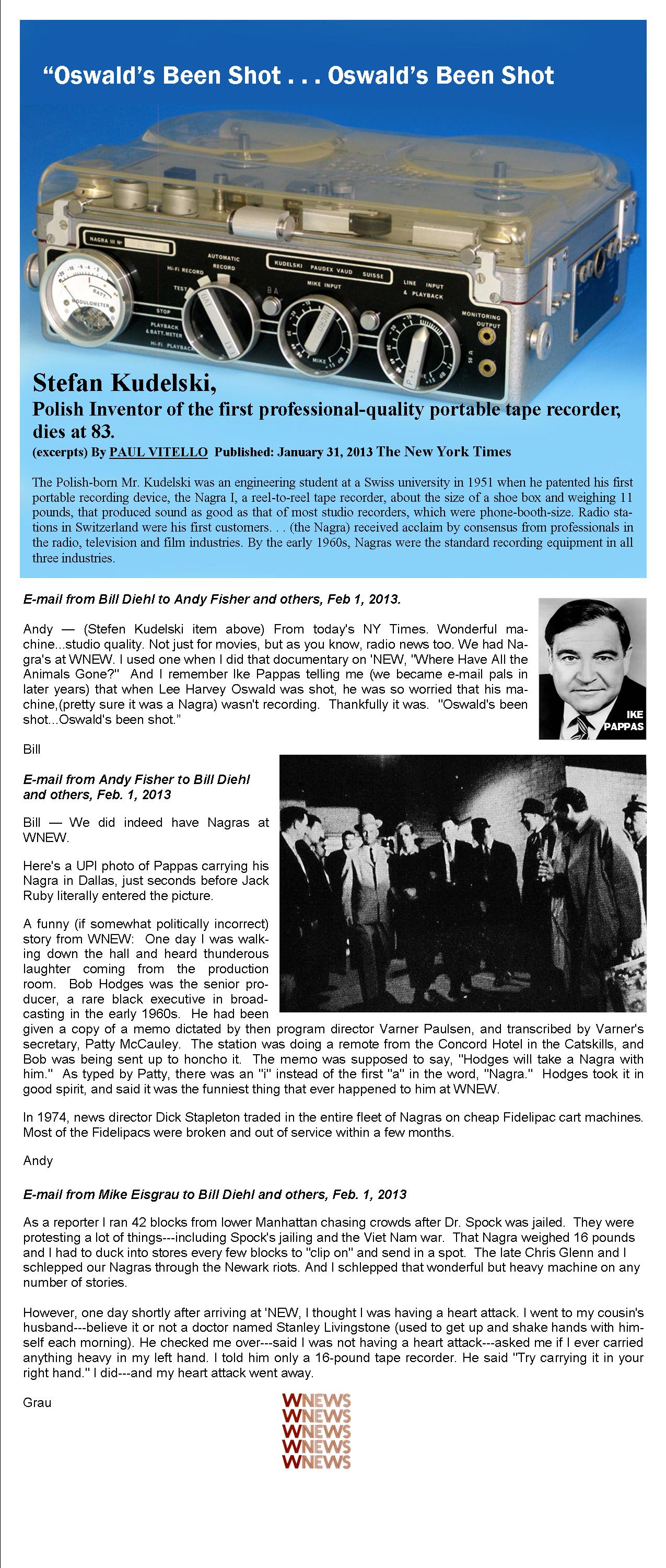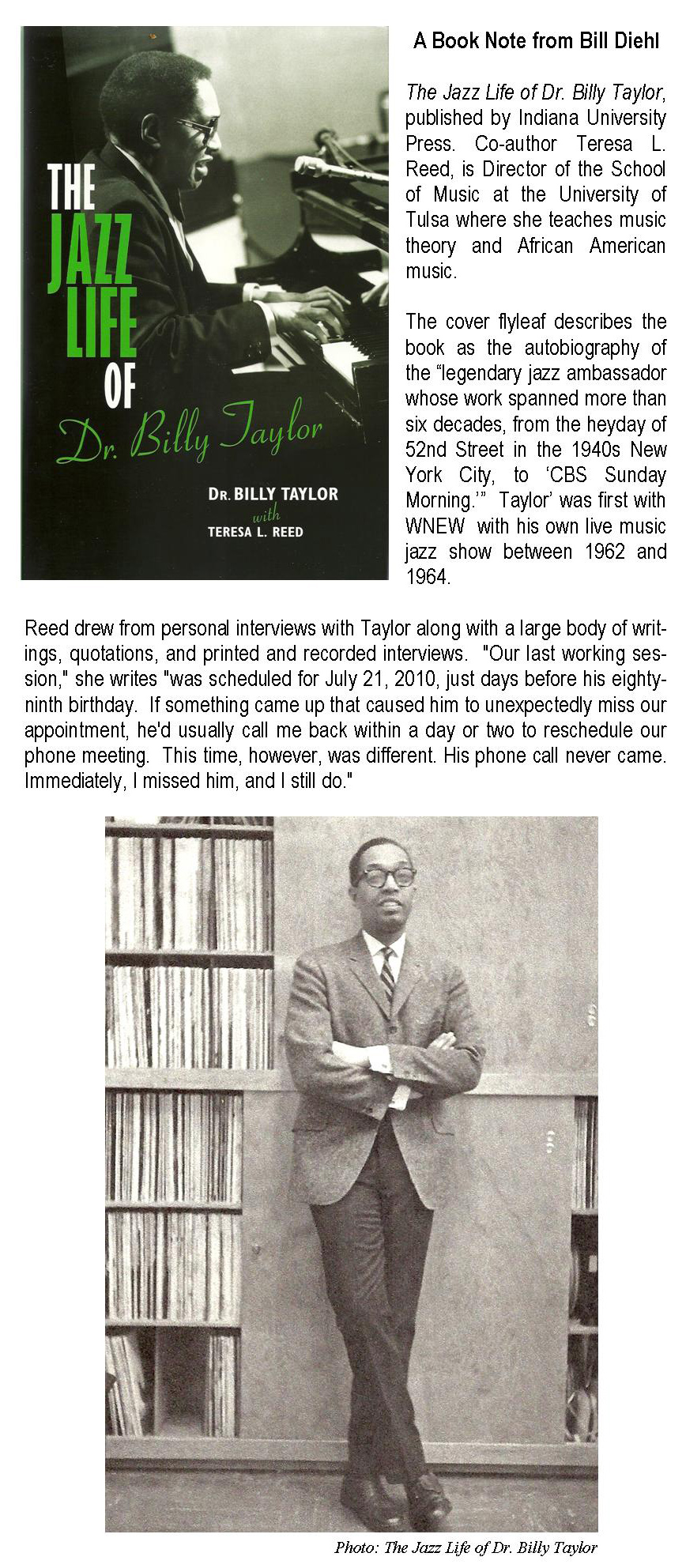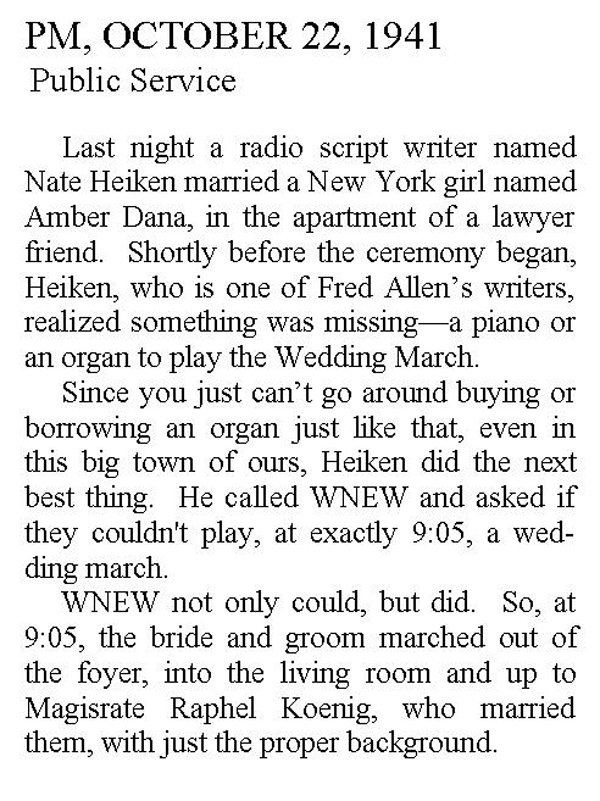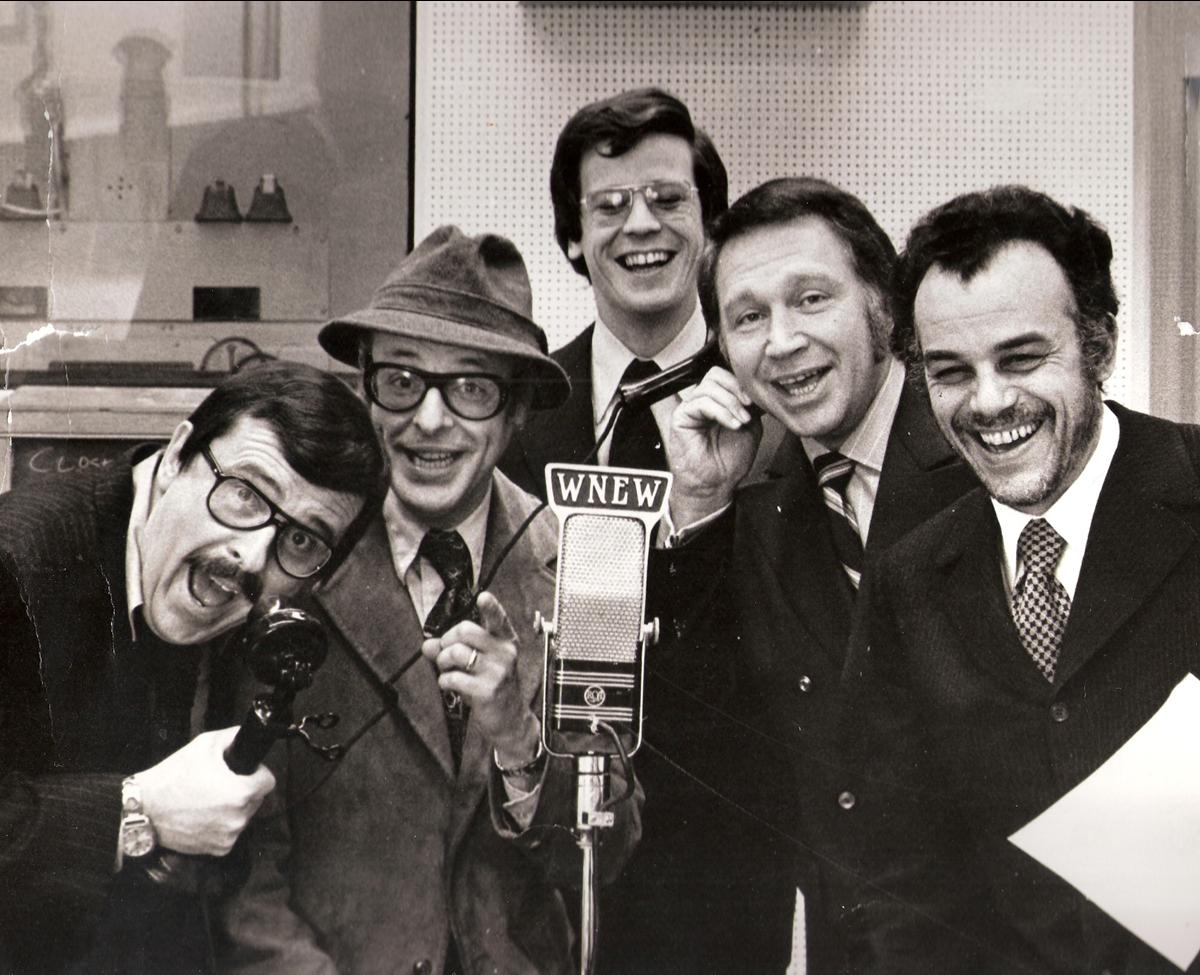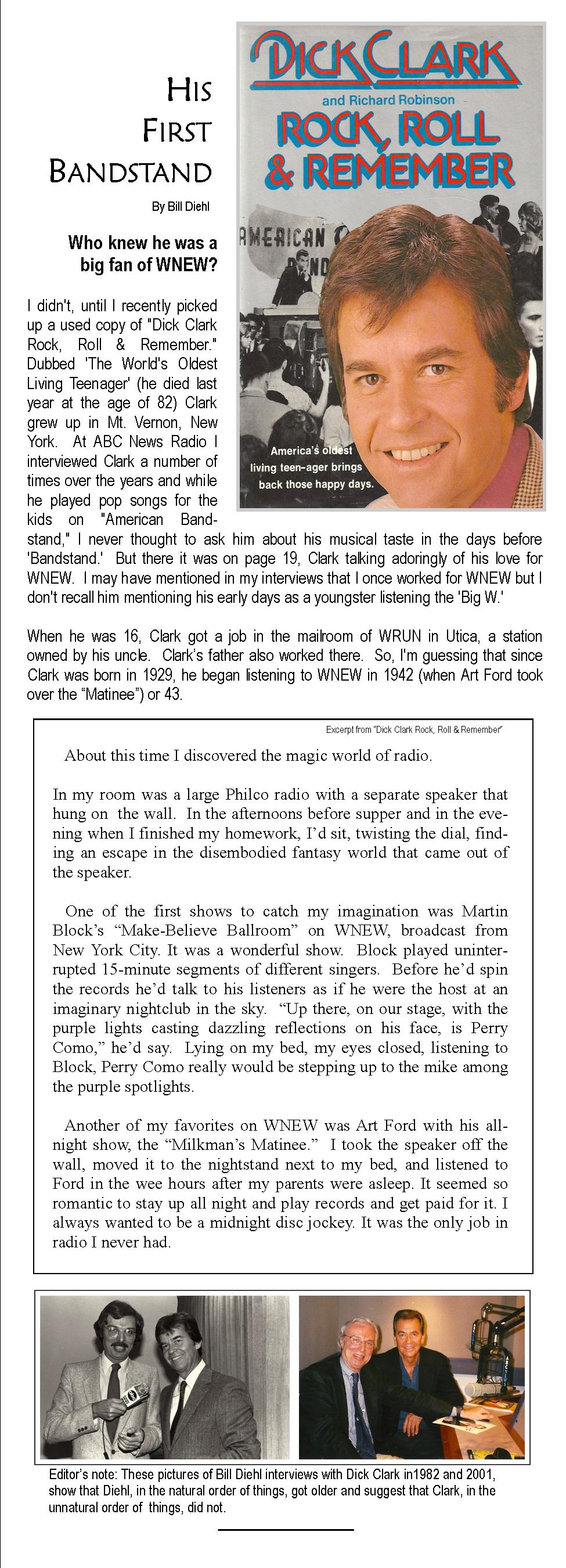
“This is a radio story!”

After the Fall

Another of the Games Gone By
They, Too, Covered the 60’s
The Jazz Life of Dr. Billy Taylor
Read more about Billy Taylor
http://wnew1130.com/music-2/staff/q-r-s-t/billy-taylor-2/
Billy Taylor videos
“Here Comes The Bride . . . but first this message”
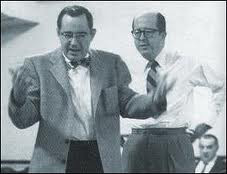 Nat Hiken, creator of the hit TV shows, The Phil Silvers Show and Car 54, Where Are You?, died in 1968 at age 54. His widow, Amber, passed more recently. Their daughter, Dana, going through some family memorabilia, came up with a published notice of her parents wedding in 1941, adding a small but telling fragment to the newlywed’s history and the WNEW story, even though the notice got Nat’s first name wrong and miss-spelled his last name.
Nat Hiken, creator of the hit TV shows, The Phil Silvers Show and Car 54, Where Are You?, died in 1968 at age 54. His widow, Amber, passed more recently. Their daughter, Dana, going through some family memorabilia, came up with a published notice of her parents wedding in 1941, adding a small but telling fragment to the newlywed’s history and the WNEW story, even though the notice got Nat’s first name wrong and miss-spelled his last name.
————
How did it come to pass that we should have received the above wedding notice from Bill Diehl? Bill got it from Nat Hiken’s daughter, Dana, whose married name is Buscaglia and whose husband, Frank, is the brother of Bill’s wife, author, Lorry Diehl. That’s how. Frank was in broadcast engineering at both WNEW and ABC.
To read more about Nat Hiken, click on link below.
http://www.philsilversshow.com/nathiken.html
To read more about Lorry Diehl’s most recent book, Over Here! New York City During WWII , click on link below.
http://www.bklynpubliclibrary.org/events/exhibitions/over-here-new-york-city-during-world-war-ii
Just In From Philly
Gary McDowell, who was WNEW Operations Manager ( 1971-1974) sent along this photo of himself in the middle of Bill Hickock, Gene Klavan, Dick Shepherd and Julius LaRosa. He dates the photo to 1971, soon after answering the call from WNEW GM George Duncan, to give up his job as Program Director of WIP, Philadelphia (a Metromedia station) to become Big W OM.
Jerry Graham
Jerry Graham, Former
WNEW PD/GM, dies at 78
By Bonnie Horgos -Santa Cruz Sentinel
New Comments added — Andy Fisher, Alan Walden, Nat Asch, Al Wasser — immediately below Horgos story
For life-span pictures of Jerry Graham, visit:
http://jeffersongraham.net/bay-area-tvradio-personality-jerry-graham-dead-at-78/
Posted: 04/30/2013 06:17:23 PM PDT


